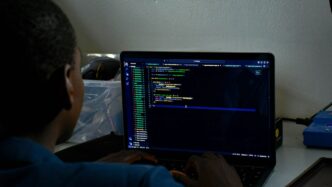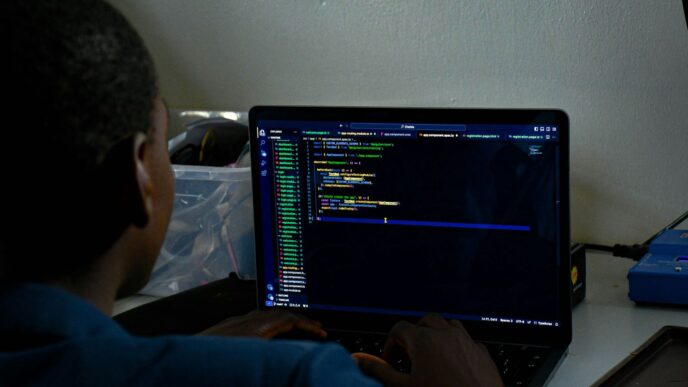The Pentagon has awarded prototype contracts to seven software vendors to support its Replicator initiative, aimed at enhancing the U.S. military’s capabilities in autonomous systems. This announcement was made by the Defense Innovation Unit (DIU) on Wednesday, highlighting the importance of commercial solutions in modernizing military operations.
Key Takeaways
- Seven vendors selected from over 250 proposals to enhance military autonomy.
- Focus on improving command-and-control capabilities and automated coordination of uncrewed assets.
- Contracts are part of a broader strategy to counter military threats in the Indo-Pacific region.
Overview of the Replicator Initiative
The Replicator initiative is a strategic effort by the U.S. Department of Defense to develop and deploy thousands of robotic platforms, including uncrewed aerial vehicles and maritime drones. This initiative is particularly focused on countering China’s military expansion in the Indo-Pacific region. The recent contract awards are a significant step in realizing these ambitious plans.
Selected Vendors and Their Roles
The following companies have been awarded contracts:
- Viasat
- Aalyria
- Higher Ground
- IoT/AI
- Swarm Aero
- Anduril Industries
- L3Harris Technologies
These vendors were chosen from a competitive pool of 119 and 132 companies that submitted proposals for two separate commercial solutions openings. Their technologies will focus on:
- Enhancing the resilience of command-and-control capabilities for autonomous systems.
- Facilitating the automated coordination of swarms of uncrewed assets across multiple domains.
Importance of Software in Military Operations
Software is recognized as a critical enabler for the autonomy and networking of military systems. The DIU emphasizes that while individual systems are valuable, their effectiveness is greatly enhanced when they operate collaboratively across different platforms. Key software capabilities include:
- User interfaces for better operational control.
- Collaborative autonomy architectures to improve teamwork among systems.
- Network orchestration to maintain communication in challenging environments.
Future Implications
The DIU’s efforts are part of a broader push towards collaborative autonomy within the military. As stated by DIU Director Doug Beck, integrating commercial software solutions is essential for modernizing the Department of Defense. The initiative aims to bring cutting-edge technology from the U.S. tech sector to meet critical military needs.
Strategic Context
At a recent event, Adm. Samuel Paparo, commander of U.S. Indo-Pacific Command, discussed the strategic advantages of unmanned systems in potential conflicts, particularly in the Taiwan Strait. He highlighted the need for air and maritime superiority to support these systems effectively. The Replicator initiative is seen as a vital component in achieving this superiority, but it also underscores the necessity for a comprehensive approach to military readiness in the region.
In conclusion, the Pentagon’s announcement of the Replicator software contract winners marks a significant advancement in the U.S. military’s efforts to modernize its capabilities and enhance its operational effectiveness in a rapidly changing global landscape.













